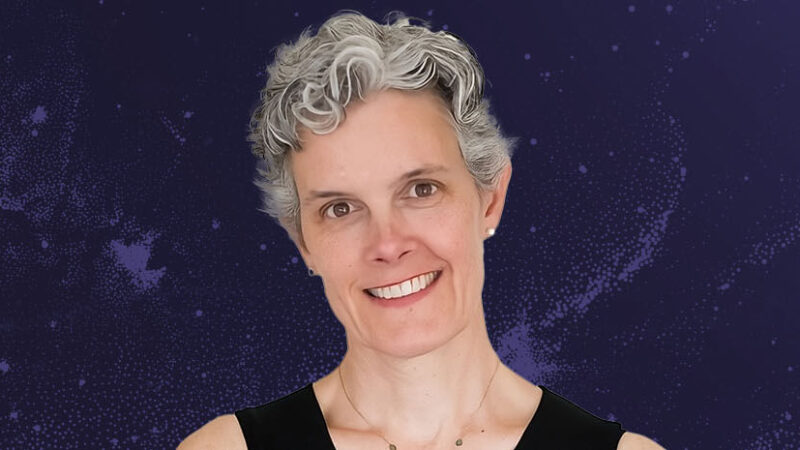Ayelet Waldman: Exploring Microdosing
Ayelet Waldman is a former federal public defender, current adjunct professor at UC Berkeley Law School, and a bestselling author. Her books include Love and Treasure, Daughter’s Keeper, and A Really Good Day: How Microdosing Made a Mega Difference in My Mood, My Marriage, and My Life. In this episode of Insights at the Edge, Tami Simon speaks with Ayelet about the practice of microdosing with small quantities of psychedelic drugs in order to treat mental health conditions. Ayelet shares her own story of microdosing with LSD and how it helped her climb out of a pit of suicidal depression. Tami and Ayelet discuss the legal limitations on microdosing, the difficulty of researching the effects of psychedelics, and the possible future of the war on drugs. Finally, they talk about the many clinical applications of MDMA, including a surprising application for couples therapy. (59 minutes)
Tami’s Takeaway: Research! Research! Research! If we are to understand how to effectively microdose with LSD and other psychoactive substances, we need open minds and quality research to guide our way. Let’s move beyond any preformed biases we might have (pro or con) and pursue research that will give us the data, proper protocols, and safeguards we need.




